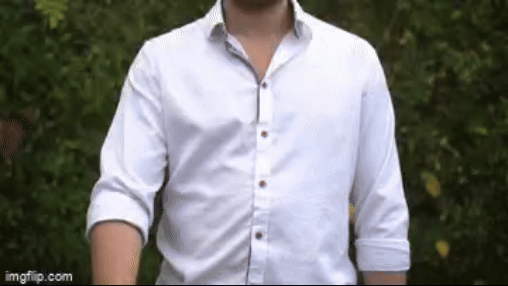Facilitator Guide
Introduction
The Element Key Jam is a guided improvisational space where participants use movement, music, and rhythm to explore self-expression and synergy. The facilitator’s role is to guide the experience using five elemental gestures, creating a dynamic and interactive flow.
The Five Elemental Gestures
These gestures define the structure of the jam, shaping participation and energy flow:
Earth – Repetition (Foundation)

Steadily repeat a rhythm, pattern, or phrase.
Examples: a drumbeat, a melody, a breathing pattern, a repeated movement.
Provides stability for others to build upon.
Water – Follow (Adaptation)

Imitate or harmonize with another participant.
Water always follows a chosen person.
Helps amplify and strengthen an existing element.
Fire – Lead (Expression)

Step into the spotlight and take initiative.
Examples: soloing on an instrument, leading a dance, telling a story.
Fire is the central focus while others support.
Air – Free Flow (Improvisation)

Move freely within the jam without leading.
Fills in gaps naturally, weaving ideas together.
Does not dominate like Fire but enhances the atmosphere.
Space – Observe in Silence (Presence)

Step back, listen, and be still.
A moment to recharge, reflect, and witness.
Facilitating The Element Key Jam
1. Introduction & Setup
Before starting, ensure participants understand:
–> The five elemental gestures and their meanings.
–> The flow of the session and the role of the conductor.
–> The importance of listening, presence, and adaptability.
2. Check-In & Skill Pool
*
A short circle round where everyone shares:
*
How they feel in the moment.
*
What skills they bring (music, dance, voice, storytelling, etc.)
*
Any wishes or intentions for the jam –
This sets a foundation of trust and awareness.
3. The First Round
*
Begins in silence — facilitator leads a brief meditation to create unity.
*
The facilitator starts as the first conductor to demonstrate the structure.
*
Uses body language, subtle cues, and the five gestures to guide the jam.
4. Open Rounds
*
After each round, participants return to silence.
*
The next conductor raises a hand, and the group acknowledges them.
*
The jam continues organically, allowing new leaders to emerge.
5. Closing the Jam
*
The jam ends naturally when no one takes the conductor role.
*
Participants reflect and share their experiences.
*
If applicable, the facilitator offers feedback or invites next steps (future jams, meals, discussions, etc.).
Tips for Facilitators
Before the Jam
Prepare the space –> Cozy lighting, accessible instruments, symbolic elements (candles, plants, etc.).
Prepare participants –> Encourage them to bring instruments, props, and open minds.
Set the tone –> A warm welcome and clear explanation help participants feel safe and excited.
During the Jam
Use clear gestures –> The more precise, the more fluid the experience.
Encourage risk-taking –> Remind participants there’s no “wrong” way to contribute.
Tune into the group energy –> Know when to energize or slow down the flow.
Minimize talking –> Keep verbal explanations brief to maintain the immersive experience.
After the Jam
Reflect with the group –> Encourage sharing of insights and experiences.
Offer personal feedback –> If necessary, address specific guidance one-on-one rather than in the full group.
Adding Themes to the Jam (optional)
A conductor may set a theme to guide creativity, such as:
A word or emotion (e.g., “joy,” “storm,” “mystery”).
A scene or atmosphere (e.g., “rainy summer day,” “deep forest,” “urban chaos”).
A guided story that unfolds throughout the jam.
A specific artistic focus (e.g., poetry reading, collective drawing, massage circle).
Key Conducting Techniques
Use gestures with clarity and intent –> Unclear signals lead to confusion.
Group people into roles –> Example: form a choir, a drumming circle, or a dance flow.
Encourage transitions –> Guide the jam smoothly between sections and energy levels.
Managing Discomfort & Resistance
*
Acknowledge hesitation – Allow participants to ease in at their own pace.
*
Use discomfort creatively – Encourage exploration while maintaining a safe space.
*
Be flexible – Adapt the session if the group needs more time or guidance.
Closing Notes
The Element Key Jam is an evolving practice — each session is unique, shaped by the people and energy present. As a facilitator, your role is to hold space, guide transitions, and inspire trust in the creative process.
If you have questions or want to deepen your facilitation skills, contact:
Benjamin Jamily (+46 766 470 553, mailtobenja@gmail.com)
Julian Gritsch (+49 1577 9658089, julian.m.gritsch@gmail.com)